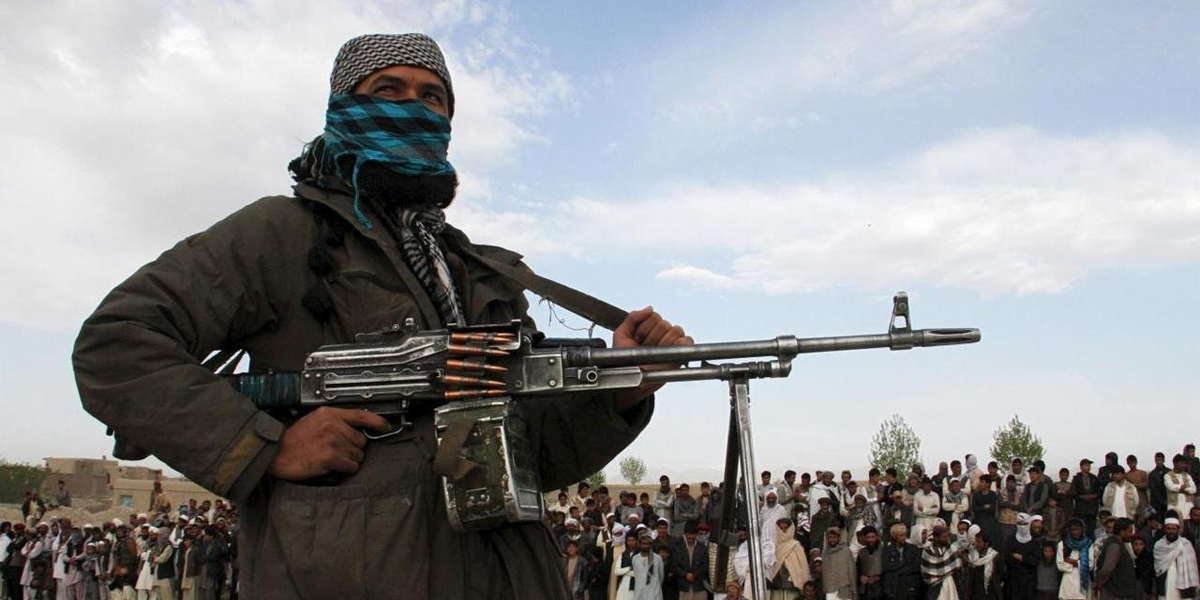Recent reports on the relocation of Tehreek-e-Taliban Pakistan (TTP) militants to Afghanistan raise doubts about whether this plan will effectively put an end to terrorism in the country. Several factors contribute to the skepticism surrounding the relocation and its potential outcomes. The central question revolves around how the relocation plan will ensure the monitoring and control of TTP militants once they are moved to a new location in Afghanistan. Considering the Afghan Taliban’s history of sheltering terrorists, there is no guarantee that the TTP militants will disband their local followers or abandon their pursuit of establishing a Sharia-compliant state in Pakistan, merely by their relocation in northern Afghanistan.
Second, the relocation of TTP militants in Afghanistan has been reported differently by Pakistani and Afghan media, highlighting the contradictory nature of available information. While the Pakistani press claims that Pakistan will provide funds for the relocation, the Afghan press remains silent on this point and instead focuses on the potential security threats this move may pose to Afghanistan.
It is important to note that the claim about Pakistan providing funds for the relocation is solely based on an anonymous source. Coincidentally, a report in the Pakistani press has highlighted an allocation of Rs 90 billion for the War on Terror. This is the highest amount of budget allocated to KP for the War on Terror in the last twelve years though KP province still remains a region highly affected by terrorism.
On the other hand, a separate report by Hasht-E Subh from Afghanistan highlights the secret relocation of approximately 300 TTP fighters to Takhar province in Afghanistan. The article states that the relocation took place following an agreement between the Taliban and Pakistan, without specifying the financial aspects of the relocation. The report raises concern about the security situation in Takhar province as a result of this new development, emphasizing its strategic importance and vulnerability to terrorist attacks. It also suggests that the relocation could indicate growing ties between the Taliban and Pakistan, while further complicating the already challenging situation in Afghanistan.
The Takhar province is a stronghold of the National Resistance Front (NRF), an anti-Taliban armed group led by Ahmad Massoud, the son of the former Afghan warlord Ahmad Shah Masoud, which has actively engaged in offensive operations against the Taliban. The presence of TTP militants in the region could exacerbate the already challenging security dynamics in the area.
By repositioning the TTP in the northern region of Afghanistan, the Afghan Taliban want to address two issues at a time, to appease the Pakistani government by showing their willingness to take some actions that are in line with the expectation of the Pakistani government and maintain the relationship with a country that always try to plead its case on the international platforms despite facing a significant rise in terror attacks after Taliban’s control on Afghanistan.
The relocation strategy alone is insufficient to combat terrorism effectively.
The other objective that the Taliban want to achieve from this new strategy is to use Pakistani funding for the relocation of TTP militants to a region where forces opposed to their rule have a significant presence and use them as a counterforce against NRF insurgents. However, the relocation of only 300 TTP militants out of an estimated 7,000 TTP fighters in Afghanistan raises concerns about the fate of the remaining militants and their proximity to the Pakistan-Afghanistan border.
The relocation strategy alone is insufficient to combat terrorism effectively. The Army Chief’s acknowledgment of the failure of the previous engagement strategy with the TTP highlights the importance of adopting a comprehensive approach. The three points strategy of deterrence, dialogue, and development, as suggested by the Army Chief, must be pursued simultaneously, with a focus on minimizing lapses in intelligence-based operations.
The government’s pursued deterrence strategy has not yielded the expected level of effectiveness in addressing terrorism in the country. Despite security agencies eliminating 246 outlaws this year through counter-terror operations, terror attacks have resulted in the deaths of 375 individuals – 261 security personnel and 114 civilians. Additionally, there have been thirty-three violent sabotage incidents primarily targeting police and army checkpoints. These figures highlight the alarming ability of TTP and other militant groups to carry out their terror plans using local networks, resulting in a 70% higher fatality rate than the counter-terror operations by the security agencies reported.
The disparity between the number of outlaws eliminated by the security agencies and the casualties caused by terror attacks underscores the need for a more comprehensive and robust approach to counter-terrorism efforts. There is a pressing requirement to reassess and enhance the efficacy of the intelligence based security operations to effectively minimize occurrences of failures and lapses during such operations.
Relocating TTP militants without strengthening deterrence strategies may be perceived as a concession borne out of weakness. This will only embolden the TTP and make it more difficult to negotiate a lasting peace.
The Pakistani government needs to carefully consider all of the costs and benefits of the relocation plan before making a final decision. The plan is a risky one, and it is not clear that it will achieve its desired results. A comprehensive strategy must encompass not only deterrence but also include proactive measures such as countering radical ideologies, promoting socio-economic development in vulnerable areas, and engaging communities to build trust and resilience against extremist narratives.
Repenting later for an act that goes wrong will be a regrettable outcome of all those efforts that are being taken by the government for the restoration of peace in the country. All precautions need to be maintained in pursuing an anti-terrorism policy, taking into consideration the newfound strength of the TTP through its alliance with the ruling Afghan Taliban and other militant groups in the region.
This article originally appeared in www.thefridaytimes.com June 20, 2023 . Original link.

